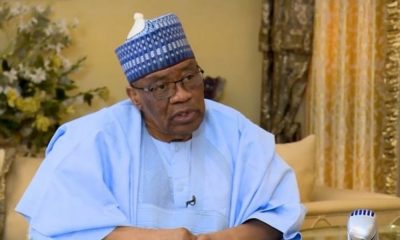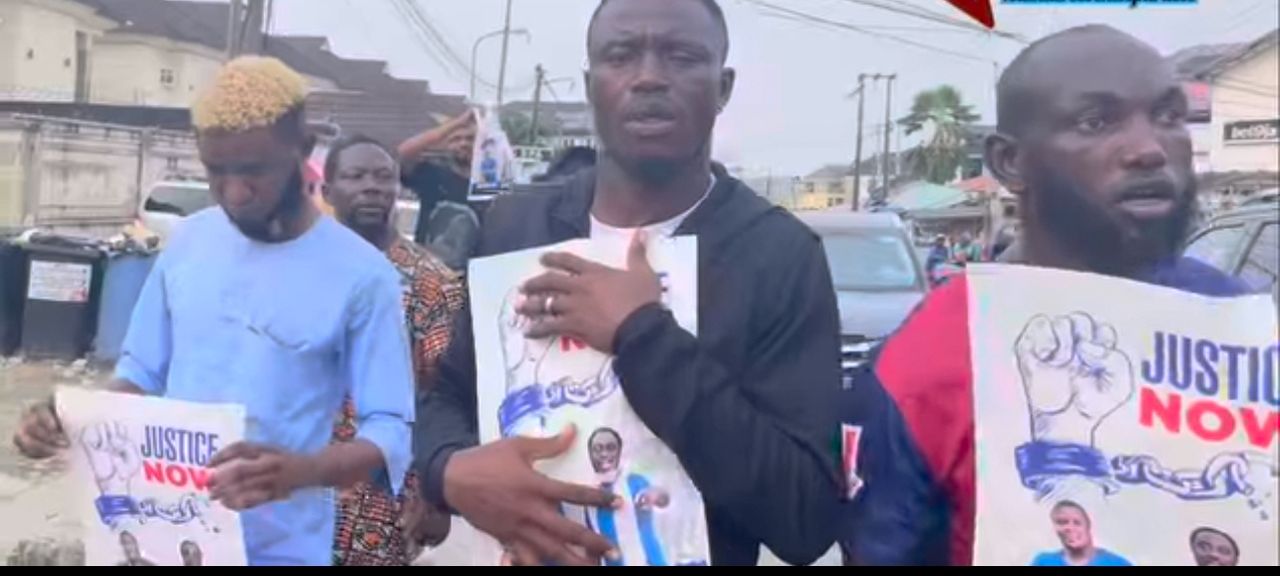society
Babangida Must Face Justice for June 12 Annulment, Says CDHR
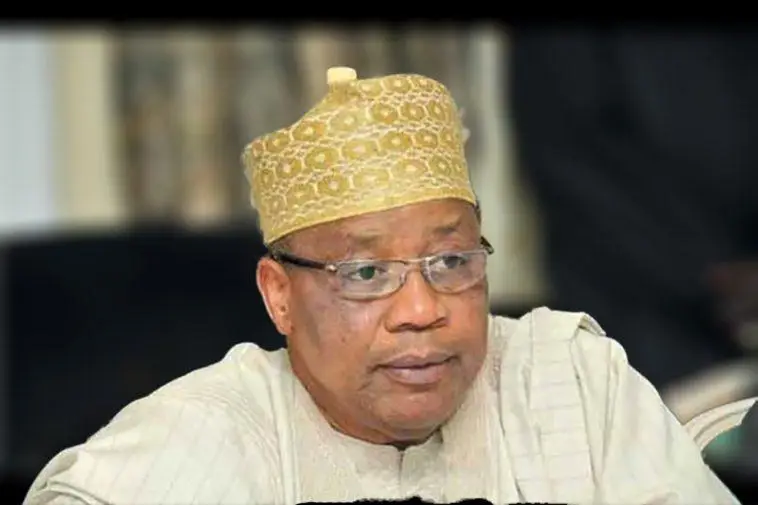
Babangida Must Face Justice for June 12 Annulment, Says CDHR
The Committee for the Defence of Human Rights (CDHR) has called for the prosecution of former military ruler, General Ibrahim Badamasi Babangida (Rtd), over his admission of involvement in the annulment of the June 12, 1993, presidential election. The CDHR describes the annulment as a coup d’état against the administration of the late Chief Moshood Kashimawo Olawale (MKO) Abiola and a crime against humanity.
In a strongly worded press statement, CDHR President, Debo Adeniran, condemned Babangida’s recent public confession regarding his role in the controversial annulment, calling it an attempt to mislead Nigerians into believing that he acted in their best interests. According to Adeniran, the actions of the former dictator led to widespread political instability, loss of lives, and economic hardship that plagued Nigeria for years.
“The worst injustice inflicted on the 14 million Nigerians who voted in that election was the inexplicable annulment on June 23, 1993, when the world expected the announcement of Chief MKO Abiola as the rightful winner,” Adeniran stated.
The June 12 election, widely regarded as the freest and most peaceful in Nigeria’s history, was ultimately nullified by the Babangida-led military government, plunging the country into political turmoil. The CDHR argues that the annulment was not only illegal and unconstitutional but also constituted a direct attack on democracy and the rights of Nigerian citizens to freely elect their leader.
CDHR insists that Babangida’s actions amounted to a coup d’état against a civilian administration that should have been led by Abiola. The group also decried the severe human rights violations that followed the annulment, including arbitrary arrests, political assassinations, and the suppression of press freedom.
In light of these concerns, the CDHR is calling on President Bola Ahmed Tinubu to order Babangida’s immediate prosecution for crimes against humanity. The group also demands that all those who benefitted from the annulment—including members of the defunct Interim National Government led by the late Chief Ernest Shonekan—be stripped of national honors and any privileges they received from their participation in the illegitimate government.
“We remind President Tinubu that just as he once stated that Babangida lost the opportunity to be a hero by annulling the June 12 election, he should not miss the chance to be the hero of the June 12 struggle,” Adeniran emphasized. He urged the government to posthumously recognize MKO Abiola as a past president of Nigeria and grant full privileges to his family.
Additionally, the CDHR has urged the Nigerian judiciary, anti-corruption agencies, and international human rights organizations to ensure that justice is served. “The culture of impunity must end, and those responsible for Nigeria’s democratic setbacks must be held accountable,” Adeniran said.
The statement concluded with a strong call for justice: “Justice for June 12 is justice for democracy, and Nigeria must never allow such an egregious crime to go unpunished. The time for accountability is now.”
news
Ramadan 2026: Let’s Be United, Shina Akanni Urges Muslims.

Ramadan 2026: Let’s Be United, Shina Akanni Urges Muslims.
As Muslims all over the world begins the 30 days compulsory fasting and prayer today,top Fuji Musician Aare Sir Shina Akanni Aroworeyin Scorpido has congratulates them for witnessing another month of Ramadan.
Akanni advised them to follow the teachings of the the Holy Prophet Muhammad (SAW) which is peaceful co existence among themselves and their neighbor ‘because Islam is Religion of peace”.
He said the month of Ramadan is an holy month therefore Muslims should try as much as they can to maintain peaceful coexistence among themselves and others and that they should see themselves as ambassador of peace.
While praying for Nigeria,Aare Sir Shina Akanni Aroworeyin Scorpido said he believes that there will be an economic turnaround soon because what’s is happening now are signs of thought times that never last “if we can pecevere things will get better”.
The Scorpido crooner who recently released a hip hop single titled “Magbelo” said he is currently working on a complete album which will be released before the end of the year.
Aare Sir Shina Akanni Aroworeyin Scorpido whose last album ‘ABCD” is still in hot demand said that his next album will be a pot pouri of all kinds of music because his brand of Fuji music is a blend Fuji , Hip-hop,Apala ,Highlife and others.
society
Ajiran Youth Protest Over Deaths of Two Residents, Demand Justice
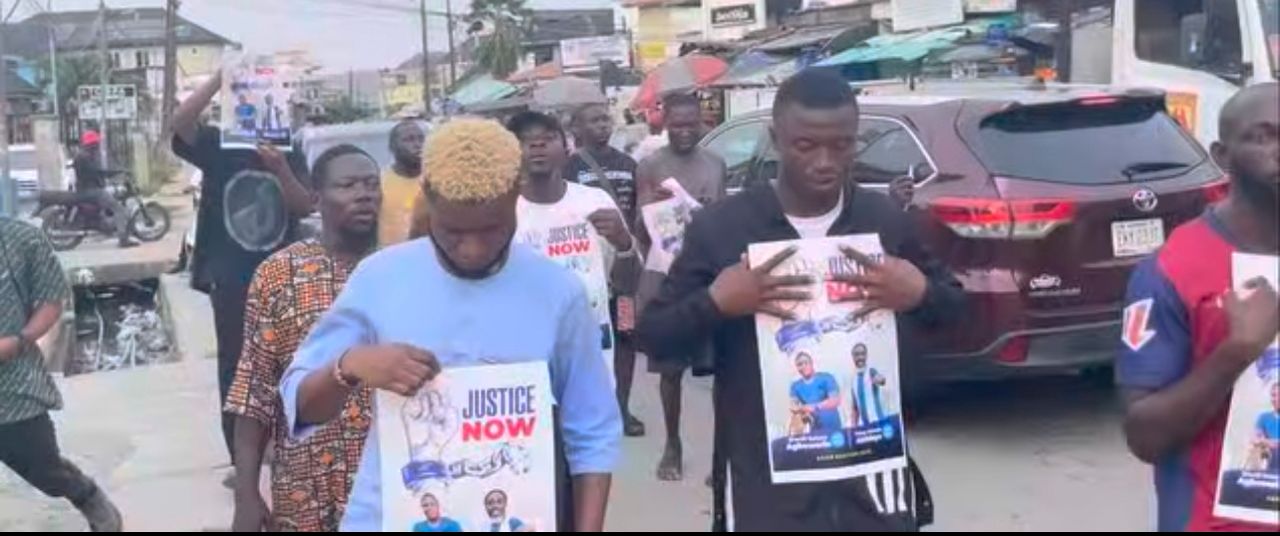
Ajiran Youth Protest Over Deaths of Two Residents, Demand Justice
The Ajiran community of Lagos State erupted in a powerful protest on Tuesday as local youths took to the streets to express their grief and anger over the tragic murders of Prince Ademola Akintoye and Sherrif Agboworin. The demonstration follows the recent decision to reopen the murder case, an investigation that has already led to the arrest of over nine suspects in connection with the heinous crimes committed more than a year ago.
Carrying vibrant banners and poignant posters featuring the faces of the deceased, the protesters marched through the heart of their community while singing somber dirges to honor their memory. With chants of unity and justice ringing in the air, they called on both the Lagos State Government and the Lagos State Police Command to ensure that those responsible are swiftly and decisively brought to justice.
The youth leaders emphasized that peace and normalcy will remain elusive in Ajiran until all those complicit in the killings are held accountable. They articulated that true justice is the only way to restore tranquility and honor the lives of Akintoye and Agboworin, whom they described as innocent victims of a grave injustice.
Speaking on behalf of the demonstrators, youth leader Mr. Kehinde Oladele urged law enforcement to conduct a thorough and fair investigation. He asserted that every individual involved including the nine arrested suspects must face the full extent of the law. Especially Hammed Tajudeen, the principal suspect mentioned by others in custody, whom they believe should not escape scrutiny.
“The reopening of this case after more than a year is a critical first step towards achieving justice and fairness for our brothers,” Oladele said. “We urge the police to get to the root of the matter. Those mentioned during the investigation, especially Hammed Tajudeen, should not be spared.”
The atmosphere in the community grew increasingly tense last week following speculation that prominent businessman Aare Bashir Olawale Fakorede was implicated in the unrest. The speculation appeared to stem from his alleged influence on the reopening of the murder investigation. This misunderstanding escalated when a group of protesters targeted his filling station in Ikate, vandalizing his properties and disrupting business operations in the gas station based on the false assumption that Fakorede was behind the police’s renewed inquiries.
In response to the rising tensions and misinformation, Fakorede’s spokesperson, Ola Muhammed, issued a comprehensive statement denying any connection between Fakorede and the unrest. The spokesperson emphasized that rumors suggesting the businessman orchestrated the revival of the murder case were completely unfounded.
“I feel it is crucial to clarify, for the sake of transparency and historical accuracy, that this entire ordeal is in no way related to me,” Fakorede stated. “I am also very interested to see that the culprits are brought to book. I categorically affirm that I have never been involved in any business dealings with Mr. Hammed Tajudeen.”
Fakorede further elaborated that the recent protests which led to the destruction of his property were reportedly instigated by Tajudeen and others who seem determined to manipulate the narrative and cast suspicion upon him. Fakorede expressed his own strong commitment to uncovering the truth surrounding the deaths.
As the police investigation progresses, it has become increasingly apparent that all accusing fingers are pointing to Hammed Tajudeen who is currently evading capture, adding another layer of complexity and urgency to the ongoing situation. Community members have questioned why he remains at large instead of submitting himself to the police for questioning if he is truly innocent of the allegations against him.
Community leaders are now emphasizing the need for dialogue to address the root causes of the unrest and work toward restoring harmony within Ajiran, even as the demand for justice remains at the forefront of public consciousness.
society
Ramadan: Al-Yusuff International Travels and Tours Boss Greets Muslims
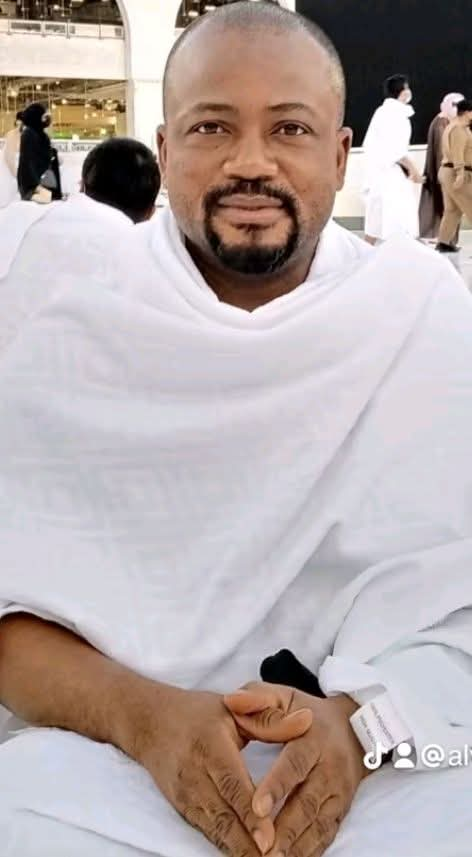
Ramadan: Al-Yusuff International Travels and Tours Boss Greets Muslims
As the holy month of Ramadan begins across the globe, the Chief Executive Officer of Al-Yusuff International Travels and Tours Limited, Dr. Abdulmajeed Oladele, has extended his heartfelt greetings to Muslims worldwide.
In his message, the respected business mogul expressed gratitude to Almighty Allah for the privilege of witnessing this year’s sacred month.
“We glorify Allah for granting us the grace and opportunity to witness this year’s month of blessings. Ramadan is a sacred and special month for all Muslims, a month greater than many others, filled with piety, mercy, and abundant blessings.
I congratulate all Muslims across the world. Let us faithfully observe the requirements of Ramadan. May Allah (SWT) grant our heart’s desires and make this period easy and rewarding for us all.”
Dr. Oladele urged Muslims to embrace the spiritual significance of Ramadan through devotion, charity, self-discipline, and prayers for peace and prosperity.
-

 celebrity radar - gossips6 months ago
celebrity radar - gossips6 months agoWhy Babangida’s Hilltop Home Became Nigeria’s Political “Mecca”
-

 society6 months ago
society6 months agoPower is a Loan, Not a Possession: The Sacred Duty of Planting People
-

 news6 months ago
news6 months agoTHE APPOINTMENT OF WASIU AYINDE BY THE FEDERAL GOVERNMENT AS AN AMBASSADOR SOUNDS EMBARRASSING
-

 society5 months ago
society5 months agoReligion: Africa’s Oldest Weapon of Enslavement and the Forgotten Truth




